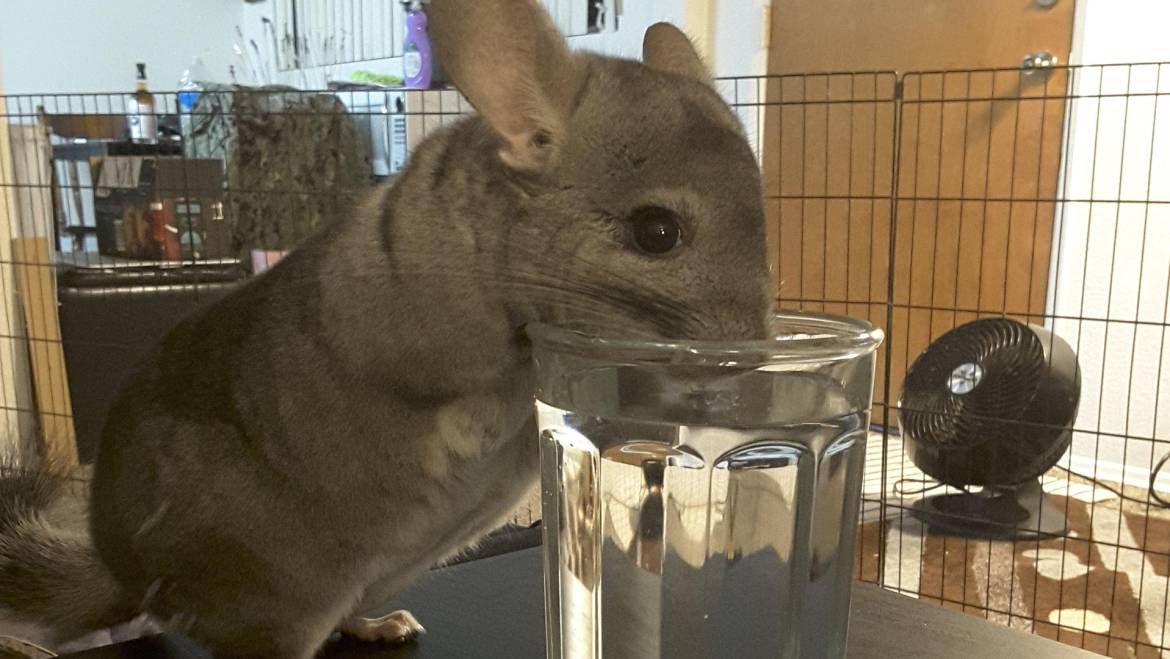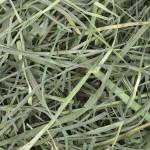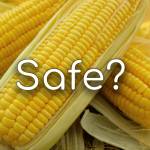Chinchillas are adorable, fluffy creatures that are native to the Andes Mountains in South America. They are known for their soft, dense fur and lively personalities, but their unique physiology requires special care when it comes to their diet and hydration. As a chinchilla owner, you may wonder if your furry friend can drink water, and if so, what type of water is best for them. In this article, we will explore the topic of chinchillas and water in depth, covering everything you need to know to ensure your pet stays healthy and hydrated.
The Importance of Water for Chinchillas
Water is essential for all living creatures, including chinchillas. It helps regulate body temperature, aids in digestion, and keeps the body functioning properly. Chinchillas, in particular, have a unique digestive system that requires plenty of water to keep food moving through their digestive tract. They also have a high metabolic rate, which means they need more water to keep their body functioning at its best.
Can Chinchillas Drink Tap Water?
Tap water is a convenient source of hydration for most of us, but is it safe for chinchillas to drink? The answer is, it depends on where you live. In some areas, tap water may contain high levels of minerals, such as calcium and fluoride, that can be harmful to chinchillas. Additionally, tap water can contain traces of chlorine and other chemicals that may be harmful to chinchillas.
If you are unsure about the quality of your tap water, you can have it tested by a local lab or purchase a water testing kit. Alternatively, you can play it safe by providing your chinchilla with filtered or bottled water instead.
Filtered or Bottled Water for Chinchillas
Filtered or bottled water can be a safe alternative to tap water for chinchillas. However, not all bottled water is created equal. Look for bottled water that is labeled as “spring water” or “purified water” and avoid brands that contain added minerals or flavors. You should also avoid distilled water, as it does not contain the minerals that chinchillas need to stay healthy.
When selecting a water bottle for your chinchilla, make sure it is made of durable, non-toxic materials and is easy to clean. You should also ensure that the bottle has a metal spout rather than a plastic one, as chinchillas have been known to chew on plastic spouts and may ingest small pieces, which can be harmful. The Kaytee Chew-Proof Water Bottle is an excellent choice at an affordable price.
How Much Water Should Chinchillas Drink?
Chinchillas should have access to fresh water at all times. The amount of water they drink will depend on their size, age, and activity level. On average, chinchillas will drink around 10-15% of their body weight in water each day. For example, a 500-gram chinchilla would require approximately 50-75ml of water per day.
It is important to monitor your chinchilla’s water intake to ensure they are drinking enough. If you notice a decrease in their water consumption, it may be a sign of illness or dehydration. If you suspect your chinchilla is dehydrated, seek veterinary care immediately.
Signs of Dehydration in Chinchillas
Dehydration can be dangerous for chinchillas and can lead to serious health problems if left untreated. Some signs of dehydration in chinchillas include:
- Thick or sticky saliva
- Loss of appetite
- Sunken eyes
- Dry mouth and nose
- Lethargy
- Weight loss
- Constipation
If you notice any of these symptoms in your chinchilla, it is important to act quickly to re-hydrate them. Provide them with fresh water and consider offering them water-rich foods, such as fruits and vegetables. You should also seek veterinary care to ensure your chinchilla’s hydration levels are restored.
Can Chinchillas Drink Other Liquids?
While water should be the primary source of hydration for chinchillas, they can also consume other liquids in moderation. Some owners may wonder if chinchillas can drink juice or milk, for example. However, it is not recommended to give your chinchilla any liquid other than water.
Juices are often high in sugar and can cause digestive upset in chinchillas. Milk, on the other hand, contains lactose, which chinchillas are unable to digest properly due to being lactose intolerant. If you want to offer your chinchilla a treat, stick to small amounts of water-rich fruits and vegetables, such as cucumber or watermelon.
Providing your chinchilla with access to fresh, clean water is essential for their health and well-being. Dehydration can lead to serious health problems, and chinchillas have a unique digestive system that requires plenty of water to function properly.
When selecting a water source for your chinchilla, opt for filtered or bottled water that is free from added minerals or flavors. Make sure their water bottle is made of durable, non-toxic materials and has a metal spout to prevent chewing.
Finally, monitor your chinchilla’s water intake closely and seek veterinary care if you suspect they are dehydrated. With proper hydration and care, your chinchilla can live a happy, healthy life.







